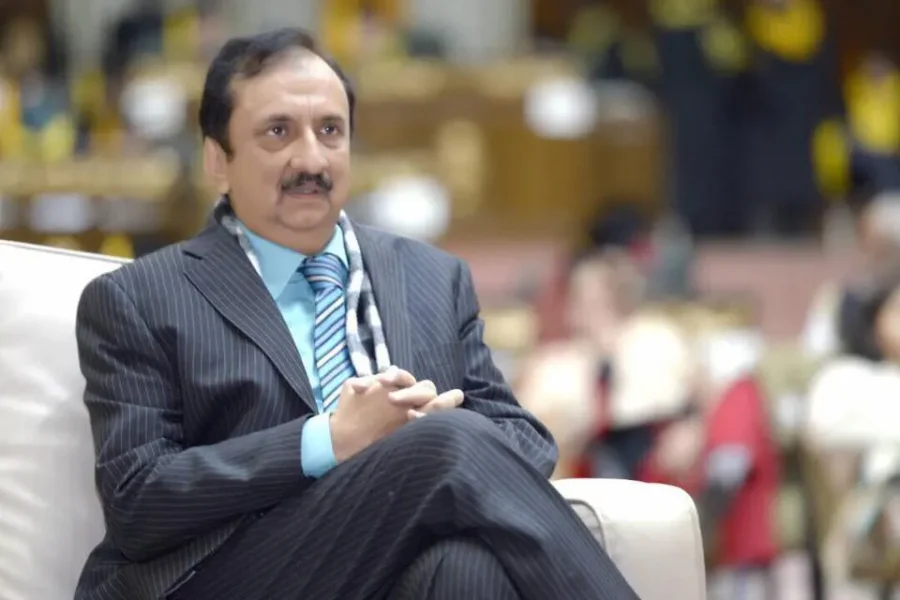Provincial Minister for Primary and Secondary Healthcare and Population Welfare Dr Jamal Nasir on Tuesday expressed annoyance over the poor management at the Social Security Hospital(SSH) Rawalpindi and apprised Caretaker Chief Minister MohsinNaqvi of the situation.
During a visit to SSH, Dr Jamal Nasirdirected the relevant officials to utilize the available resources judiciously as the patients were suffered and delayed in treatment due to mismanagement.
The minister warned the hospital’s administration to improve the management of the hospital within a week or else strict action would be taken against them. Dr Jamal Nasir took rounds of the emergency, OPD, laboratory, X-rays room and other parts of the hospital.
He interacted with the patients and asked about the treatment facilities and the doctors and hospital staffs attitude.
Dr Jamal Nasir said that MohsinNaqvi had significantly increased funds for social security hospitals across the province and issued instructions for the provision of the best treatment facilities to domestic workers in social security hospitals.
He said that the social security hospital was less crowded than the general hospitals, but despite this, the patients faced difficulties in getting medicines and treatment facilities there.
Expressing anger over the hospital’s management, he said that the patients and their families have to wait for an unjustified long time to get the slip and when the patients got the slip for a check-up, the duty time of the doctors was about to end.
Dr Jamal Nasir also expressed dissatisfaction over the arrangements in the pathology lab and said that despite the presence of pathologists, SOPs were not implemented, adding that in such circumstances, the hospital lab tests were not satisfactory in any case.
The minister said that there was no shortage of doctors and paramedical staff in the hospital, but due to mismanagement and lack of discipline, patients were not getting proper facilities.
He said that mismanagement was not tolerable in any case and strict action would be taken against the officers who caused unnecessary suffering to the patients, adding the services of dispensers were also not used properly despite the number of human resources available for the purpose.










